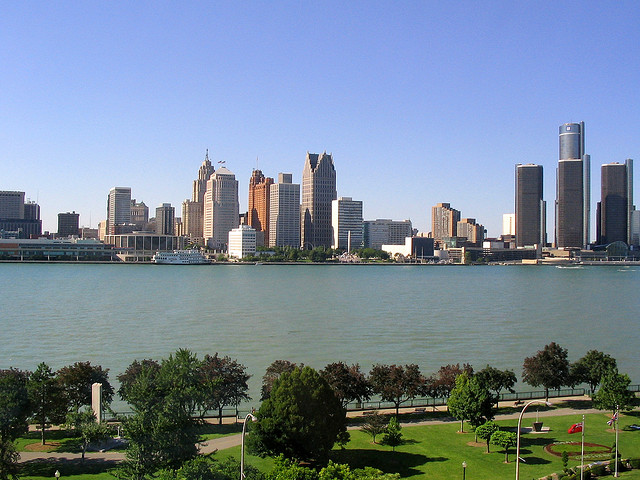What Is The Impact Of Architectural Preservation On Local Economies?

The world of economics is extremely complex and is something that affects every single person on this planet. Many people believe that economics is something that only affects businesses, but that is simply not the case. The economy impacts everything from job security and career choices to the cost of goods and services.
In recent years, there has been a lot of talk about city economies and how they are impacted during a recession. A recession is a period of economic decline that lasts for more than a few months. During this time, many people lose their jobs, businesses struggle to stay afloat, and there is a general sense of uncertainty throughout the city.
In this article, we will explore the impact of a recession on city economies and the ways in which local governments respond to these difficult times.
City Economies During a Recession
During a recession, city economies are often hit hard. This is because many businesses are forced to close their doors, leaving people without jobs and reducing the amount of money flowing through the city. Without money to spend, people are unable to support local businesses, which can create a domino effect of economic decline.
In addition, during a recession, people often become more frugal with their spending. This means that they are less likely to purchase luxury items and are more focused on buying only the necessities. This can be particularly devastating for businesses that rely on luxury goods or services to stay afloat.
During a recession, unemployment rates tend to soar. This is because businesses are struggling to stay afloat and are often forced to lay off workers in order to cut costs. This creates a downward spiral of economic decline, as people without jobs are unable to support local businesses and the economy continues to suffer.
Local Responses to a Recession
During a recession, it is important for local governments to take action in order to mitigate the effects of economic decline. There are several ways in which local governments can respond to a recession, including:
1. Investing in Infrastructure
One way in which local governments can respond to a recession is by investing in infrastructure. This can include building new roads, bridges, and other public works projects. By investing in infrastructure, local governments can create jobs and stimulate economic growth.
2. Offering Tax Incentives
Another way in which local governments can respond to a recession is by offering tax incentives to businesses that are struggling. This can include tax breaks or other financial incentives in order to help businesses stay afloat during difficult economic times.
3. Providing Job Training and Education
During a recession, it is important to focus on creating jobs and providing job training and education to those who have been laid off. This can include job training programs, apprenticeships, and other educational opportunities that can help people develop the skills needed to get back into the workforce.
4. Supporting Small Businesses
Small businesses are the lifeblood of many local economies, and during a recession, it is important to support these businesses as much as possible. This can include offering loans or grants to small business owners, as well as creating an environment that is conducive to small business growth.
5. Encouraging Spending
During a recession, it is important to encourage spending in order to stimulate economic growth. Local governments can do this by offering sales tax breaks or other incentives to people who shop locally.
FAQs
Q: What is a recession?
A: A recession is a period of economic decline that lasts for more than a few months. During this time, many people lose their jobs, businesses struggle to stay afloat, and there is a general sense of uncertainty throughout the city.
Q: How do city economies respond to a recession?
A: There are several ways in which city economies can respond to a recession, including investing in infrastructure, offering tax incentives, providing job training and education, supporting small businesses, and encouraging spending.
Q: Why are small businesses so important during a recession?
A: Small businesses are the lifeblood of many local economies, and during a recession, it is important to support these businesses as much as possible. This is because small businesses create jobs and stimulate economic growth.
Q: How can I help support my local economy during a recession?
A: There are several ways in which you can support your local economy during a recession. This includes shopping locally, supporting small businesses, and staying informed about local government initiatives designed to stimulate economic growth.
Q: What is the role of local governments during a recession?
A: During a recession, local governments play a critical role in mitigating the effects of economic decline. This includes investing in infrastructure, offering tax incentives, providing job training and education, supporting small businesses, and encouraging spending.
Conclusion
City economies are incredibly complex, and during a recession, they can be particularly vulnerable to economic decline. By taking proactive steps to stimulate economic growth, however, local governments can mitigate the effects of a recession and create a more stable and prosperous environment for their citizens.



Post a Comment for "What Is The Impact Of Architectural Preservation On Local Economies?"